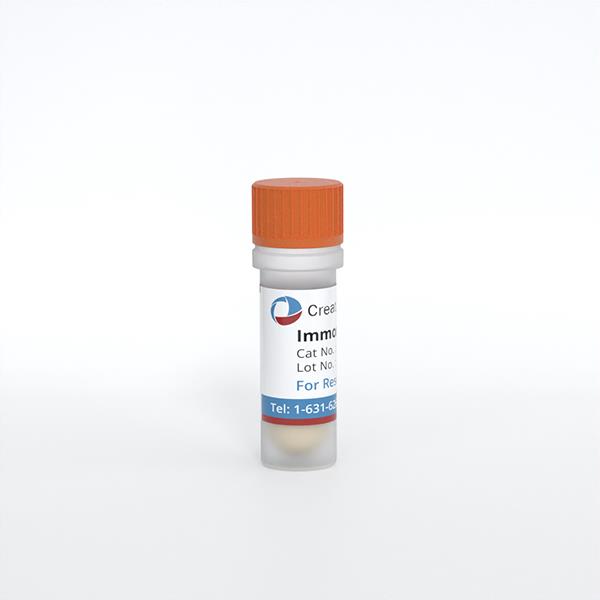Description
Immortalized Fetal Bovine Kidney Cells-SV40 from Creative Bioarray were developed from fetal bovine tissues transduced with a lentiviral expression vector containing the SV40T gene. The cell line was continuously cultured for more than 30 passages without showing signs of growth retardation or replicative senescence.
Recommended Medium
SuperCult® Immortalized Fetal Bovine Kidney Cell Medium (Cat No.: CM-I9172L)
Freezing Medium
Complete medium supplemented with 10% (v/v) DMSO
Culture Properties
Adherent
Immortalization Method
SV40 large T antigen
Applications
For Research Use Only
Growth Properties
Cells are cultured as a monolayer at 37°C in a humidified atmosphere with 5% CO2.
Storage
Directly and immediately transfer cells from dry ice to liquid nitrogen upon receiving and keep the cells in liquid nitrogen until cell culture needed for experiments.
Note: Never can cells be kept at -20 °C.
Recommended Products
CIK-HT003 HT® Lenti-SV40T Immortalization Kit
Quality Control
Real Time PCR was used to quantify SV40T gene expression in immortalized cell line.
Free from contaminations (bacteria incl. mycoplasma, fungi, HIV, HAV, HBV, HCV, Parvo-B19) and cross-contaminations.
Citation Guidance
If you use this products in your scientific publication, it should be cited in the publication as: Creative Bioarray cat no.
If your paper has been published, please click here to submit the PubMed ID of your paper to get a coupon.
What is the significance of SV40 large T antigen in these cells?
The SV40 large T antigen is a viral protein that promotes cell proliferation and prevents apoptosis, allowing the cells to maintain their growth potential. This makes Immortalized Fetal Bovine Kidney Cells-SV40 a valuable resource for long-term studies in cell biology.
What research applications are Immortalized Fetal Bovine Kidney Cells-SV40 suitable for?
Immortalized Fetal Bovine Kidney Cells-SV40 are widely utilized in various research fields, including:
Studies on kidney physiology and pathology.
Drug metabolism and toxicology assessments.
Viral replication and pathogenesis studies.
Development of assays for screening pharmaceuticals and other compounds.



